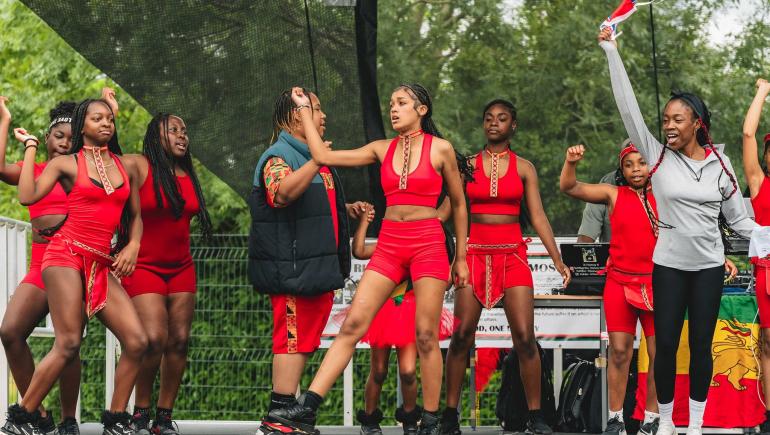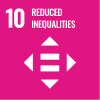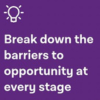As national conversations around equality in sport gain momentum, grassroots organisations are stepping up where traditional systems have fallen short by creating inclusive spaces in which under-represented communities not only feel welcome but truly belong. ConnectSport reporter Kate Dening investigates.
Often run on limited budgets and powered by volunteers, these grassroots groups are reimagining what inclusive sport looks like, centring accessibility, representation and cultural understanding at the core of their mission.
Sporting Equals is a UK wide charity that aims to eradicate racism within sports, actively working with more than 500 ethnically diverse community groups. Ellie Bradwell, from Sporting Equals, commented: “Ethnically diverse communities can historically be overlooked or might not feel that they belong within certain sporting landscapes.”
Launched in 2021 by Sporting Equals and the Sweaty Betty Foundation, the Girls Powered project aims at getting the least active 13 to 18 year-old girls in Greater Manchester physically active. Girls’ participation in sport takes a sharp dip during these pivotal years, with a mix of shifting priorities and personal changes at play.
From navigating new school environments and looming exam pressure to the physical changes of adolescence and a dip in self-confidence, many quietly step away from the pitch before they have had a real chance to find their stride.
The project facilitated a collaboration between Sporting Equals and a range of organisations nationwide, with the primary goals of increasing participation among ethnically diverse girls and enhancing the capacity of these organisations to deliver a wider variety of sports and physical activity sessions.
To see what this looks like in action, ConnectSport reporter Kate Dening shines a light on two of the organisations leading the charge, each finding their own way to make sport more inclusive and welcoming for the communities they serve.
PART ONE: JET BLACK DANCE ACADEMY
Yosha Gilkes, director of Jet Black Dance Academy in Manchester, draws inspiration from her Barbadian and Jamaican roots. Having grown up immersed in Caribbean carnivals, Windrush Day events and Kwanzaa celebrations, she brings her passion for cultural expression into everything she does.
Jet Black started as a grassroots initiative to provide accessible dance education. Over time, it has grown into a platform that not only teaches dance but also instils life skills and cultural pride in their students.
With a diverse offering that spans street, contemporary, African and Caribbean dance styles, Jet Black welcomes students aged three to 25 into a space where self-expression and confidence are at the heart of everything. Central to Jet Black’s ethos is inclusivity; the academy intentionally curates a culturally rich curriculum that reflects the ethnically diverse background of its students.
Yosha explains: “Through our programmes, students often develop a new-found appreciation for movement, leading them to explore other forms of physical activity and adopt healthier lifestyles.”
The academy also places a strong emphasis on accessibility, offering affordable classes and support initiatives for those facing socio-economic or cultural barriers. This ensures that no girl is left behind, regardless of her circumstances.
When asked on the current state of access to physical activity for girls in these communities Yosha stated: “Access to affordable, culturally relevant programmes is limited, and societal stereotypes continue to discourage participation.
“Broader systemic changes are needed to ensure equitable access and to challenge the norms that hinder girls’ involvement in physical activity.”
Read part two: KRIMMZ Girls Youth Club, Bolton.
Read more stories from Kate Dening here.












